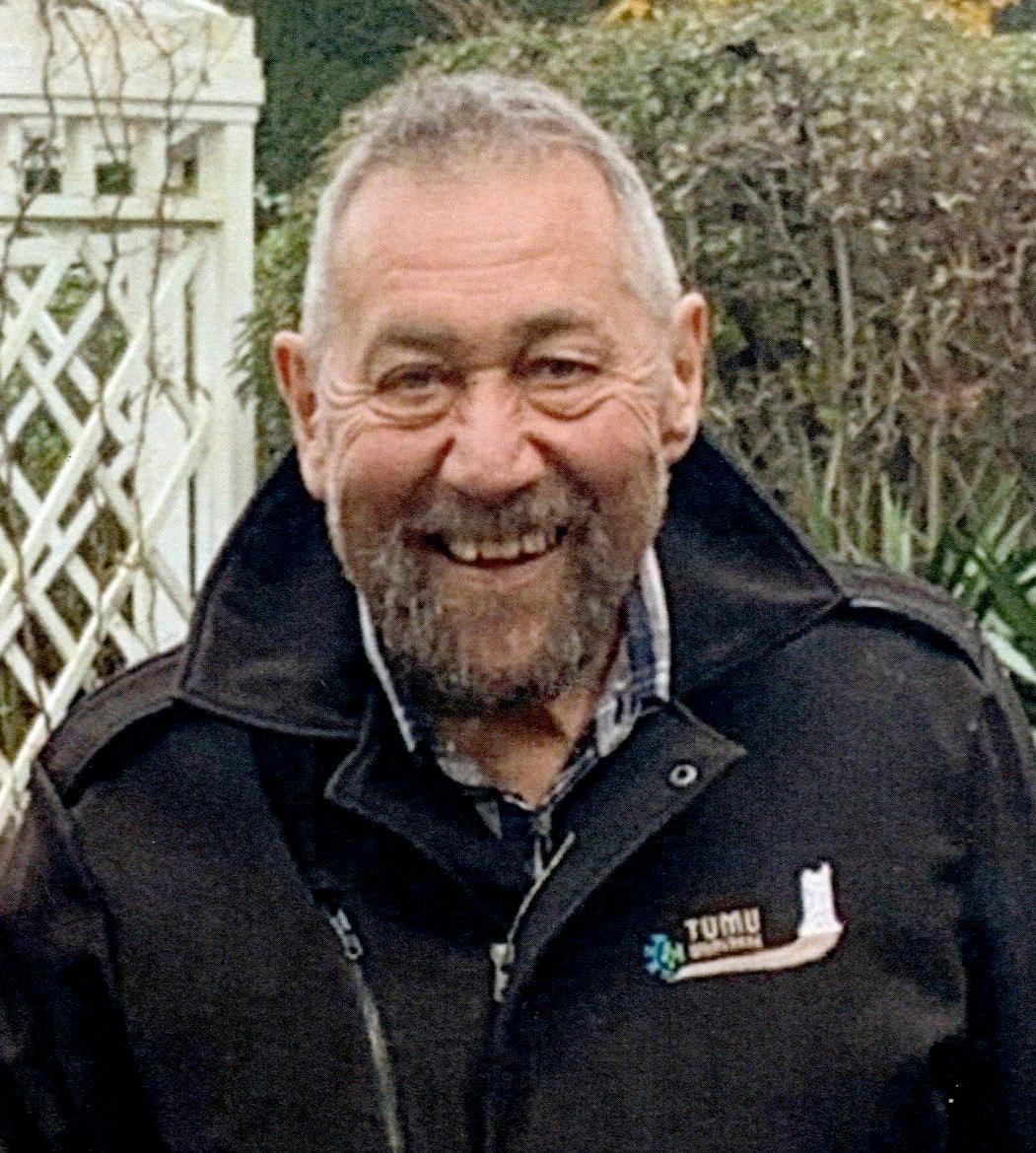
2 minute read
› TNT (Te Nīkau Team) Acute Care Simulations – Explosive Education for a Dynamite Department
30 June 2022
By West Coast DHB Rural Generalist Dr Sally Peet Simulation benefits all those involved in health care – doctors, nurses, allied professionals and admin staff and of course the patients. Simulating medical emergencies enables all those involved to put their clinical knowledge and skills into action but also allows us to enhance communication skills, strengthen team relationships, and test our systems, all within a safe educational environment. So, with that in mind, a quorum of educationally-driven acute care professionals have come together to form the Te Nīkau Team, or “TNT” and with all puns intended, will be providing explosive education to create a dynamite department! We piloted the simulation program in February and ran a COVID-positive cardiac arrest case. The COVID-19 InHospital Advanced Life Support algorithm was simulated in the Emergency Department (ED) isolation room and met with PPE-clad (personal protective equipment) enthusiasm by all candidates! TNT were very impressed by everyone’s clinical knowledge and skills. We were able to test all the practicalities of running an arrest in this space and left with a short and succinct list of improvements, all of which have been acted upon. In March, the ED Resus room had a busy morning with no fewer than five collapsed adult patients! Their diagnoses included anaphylaxis, status epilepticus and DKA (diabetic ketoacidosis - high blood sugar coma), and the team had to navigate not just clinical emergencies, but also anti-social behaviour. Among other things, rushing through so many cases tested the staffs’ knowledge of where things are kept and how to organise tests and perform procedures in a time-pressured environment and has helped improve our nursing orientation package. In April, we simulated stroke patients who present in different ways – by ambulance with clear stroke presentations, and as a walk-in through triage with vague symptoms. These simulations were great practice for the candidates, but again, for our department it was incredibly beneficial. We currently use a Canterbury DHB clinical pathway but having simulated it and found local variations on aspects such as timings, staffing and resources, a new West Coast pathway is being created. Good news has travelled fast along the Coast, and it was fantastic to see nurses from Buller Health amongst the candidates. The candidates who attended these initial simulations gave the TNT amazing feedback and it was clear simulationbased education is appreciated, enjoyed, and in demand. As a result, we have the pleasure of announcing that regular TNT simulation is here to stay! TNT will provide a monthly simulation that moves around the hospital – you’ll see us in ED, in the Critical Care Unit, in theatres and more. Simulations will be run by keen Senior Medical Officers from the Rural Generalist group, Emergency/Acute Care Nurses, and our amazing Resuscitation Service Leader. Topics will include medical catastrophes, terrible traumas, obstetric emergencies and perilous paediatric presentations.
Advertisement
TNT simulations are held on the first Wednesday of the
(Left to right) Diyva Avarachan – Registered Nurse (Te Nīkau Acute/ Paediatrics), Mairead O’Byrne – Registered Medical Officer (Te Nīkau), Ben Devine – Registered Nurse (Buller Health) and Manjula EdathilVeedu – Registered Nurse (Te Nīkau Acute/Paediatrics) undertaking a simulation exercise










